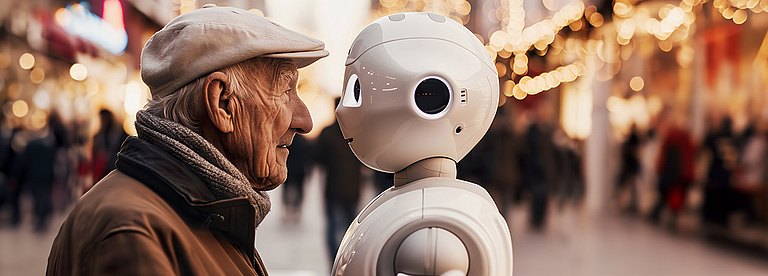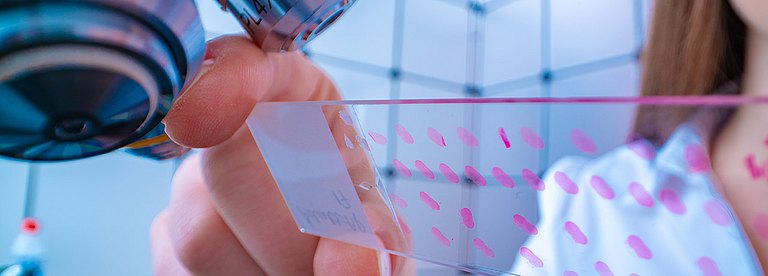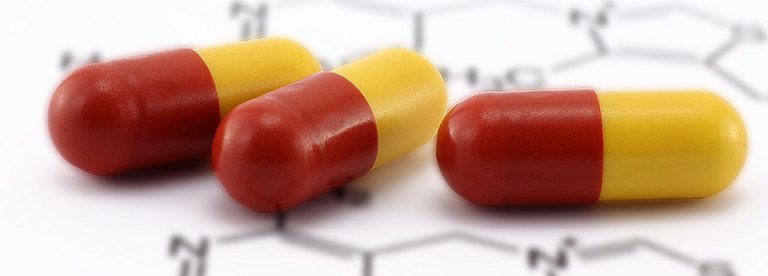Artificial intelligence (AI) is impacting many areas of our everyday lives today. Its potential is a growing subject of discussion in the world of inventions. The United States Patent and Trademark Office (USPTO) has issued guidance for “AI-assisted inventions” that describes how and under what conditions technical innovations developed with the help of AI can be protected. The issue arises, for example, when a chatbot or a neural network for machine learning is involved in a design.
The guidance states that AI-assisted inventions are not categorically unpatentable. However, a natural person must be named in the patent application and must have significantly contributed to the invention. The authors refer to the “Pannu test,” which was developed by a US appeals court back in 1998. Under this, the human inventor must have made a contribution that is not insignificant in quality, when measured against the dimension of the full invention. This contribution must do more than merely explain well-known concepts and/or the current state of the art.
According to the authors of the guidance, the significant contribution required could be shown by a person constructing a special prompt, for example a series of prompts for ChatGPT or Gemini, in order to find a particular solution. However, the general criteria for patents must always be met: the invention must advance the state of the art, be based on an inventive step, and be industrially applicable.
As more and more users are building on the AI-assisted inventions of others, it is becoming “increasingly difficult to identify the ways in which AI plays a role in the inventive process,” says news site Heise Online quoting USPTO Director Kathi Vidal. That said, at present no new requirements will be introduced regarding the disclosure of AI use that go beyond the narrow cases where such labelling is already required.
“The USPTO’s guidance will certainly provide a roadmap to navigate how AI-assisted inventions are dealt with in the future,” says Gottfried Schüll, patent attorney and partner at Cohausz & Florack (C&F). “Despite all the uncertainties we currently face in connection with AI, I am convinced that the human contribution is and will remain the most important factor in assessing a company’s innovative strength.”
Header: Thomas_AdobeStock.com



